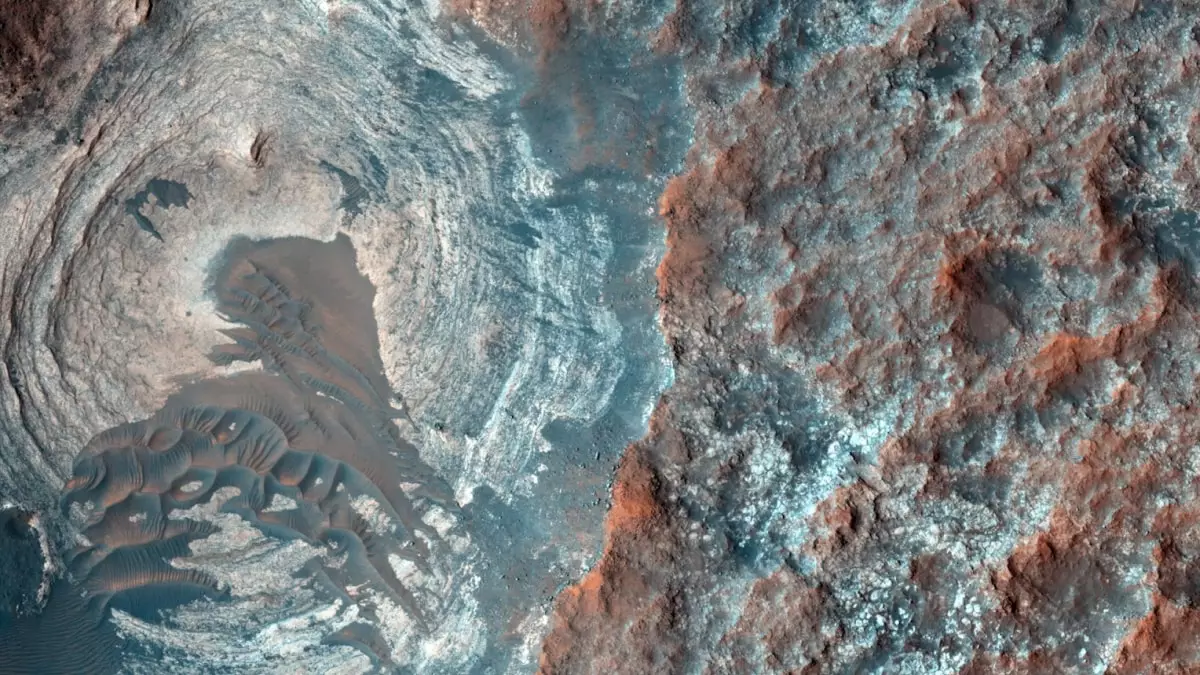The integration of artificial intelligence (AI) in cosmology research has brought about a paradigm shift in the way astronomers understand the universe’s fundamental parameters. Beyond the realm of digital assistants and deepfake technology, AI is now being harnessed to achieve unparalleled precision in unraveling the mysteries of the cosmos. A notable example comes from the Flatiron Institute’s Center for Computational Astrophysics (CCA) in New York City, where researchers have successfully employed AI to calculate the five cosmological parameters that govern the universe’s structure and evolution.
Traditionally, determining these cosmological parameters has been a challenging task due to the immense volume of data and the limitations of conventional analysis methods. However, by leveraging AI to analyze data from over 100,000 galaxies observed as part of the Sloan Digital Sky Survey (SDSS), the research team at CCA has been able to extract detailed insights with unprecedented accuracy. This breakthrough not only enhances our understanding of the universe’s ‘settings’ but also highlights the transformative power of AI in cosmology research.
One of the key benefits of using AI in cosmology research is the ability to address major cosmic questions that have long puzzled astronomers. For instance, the Hubble tension, which arises from discrepancies in estimates of the Hubble constant, a measure of the universe’s expansion rate, presents a significant challenge. By achieving improved precision through AI-powered techniques, researchers are hopeful that this tension can be resolved, leading to a deeper comprehension of the universe and its evolution.
Moreover, the cost-effectiveness of AI-driven methods in analyzing astronomical data is a significant advantage, especially considering the substantial expenses associated with large-scale surveys. By reducing uncertainties and increasing data efficiency, AI not only streamlines the research process but also maximizes the value extracted from complex datasets. As new surveys like the European Euclid survey come online, the techniques developed by the CCA team will play a pivotal role in unlocking the full potential of these groundbreaking initiatives.
The integration of artificial intelligence in cosmology research marks a significant advancement in our quest to unravel the mysteries of the universe. By enabling researchers to extract precise insights from vast amounts of data, AI revolutionizes traditional analysis methods and opens new avenues for addressing pressing cosmic questions. As technology continues to evolve and AI becomes more sophisticated, the future of cosmology research holds immense promise, with AI-powered techniques playing a central role in shaping our understanding of the universe’s fundamental parameters.

Leave a Reply